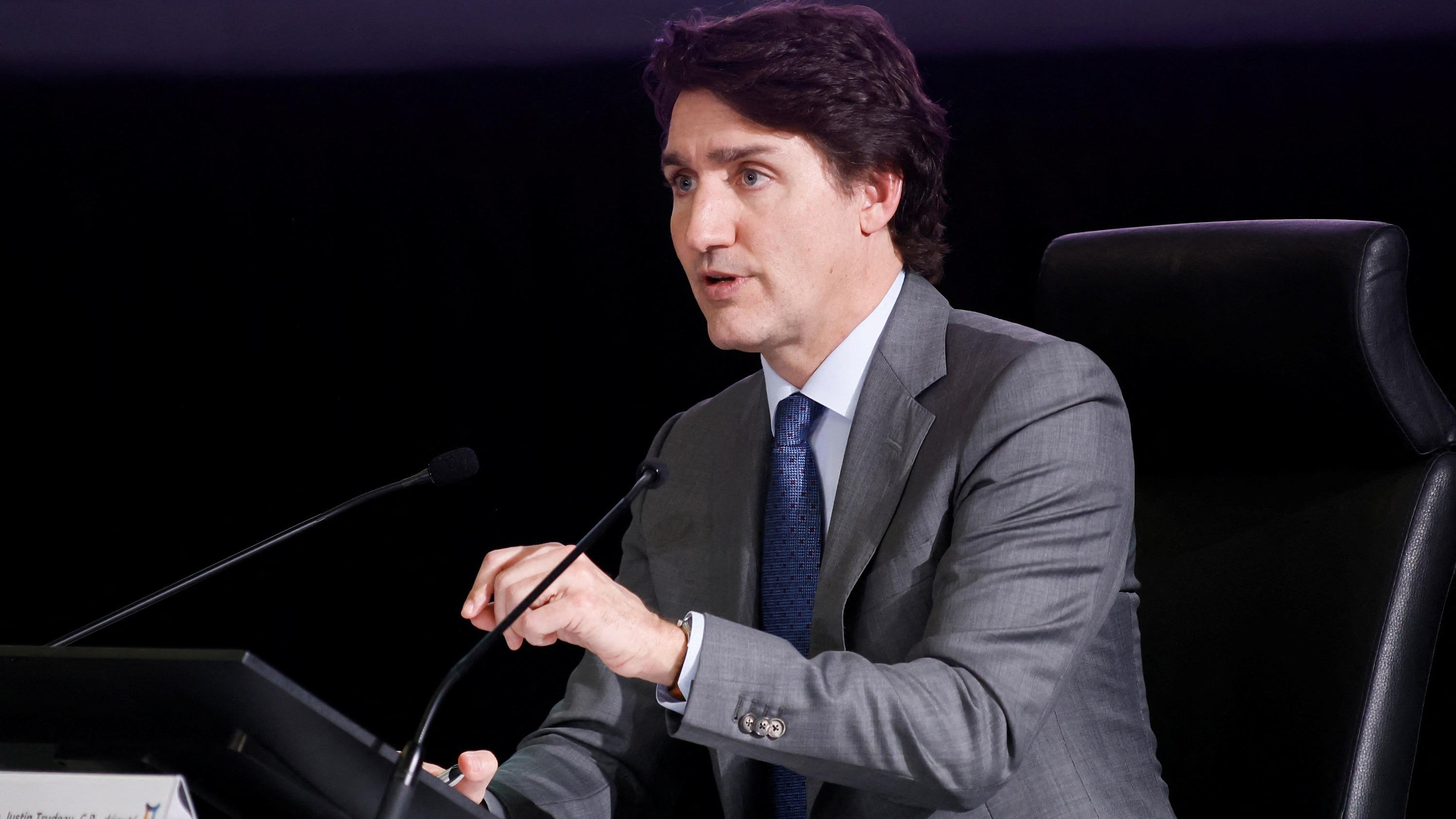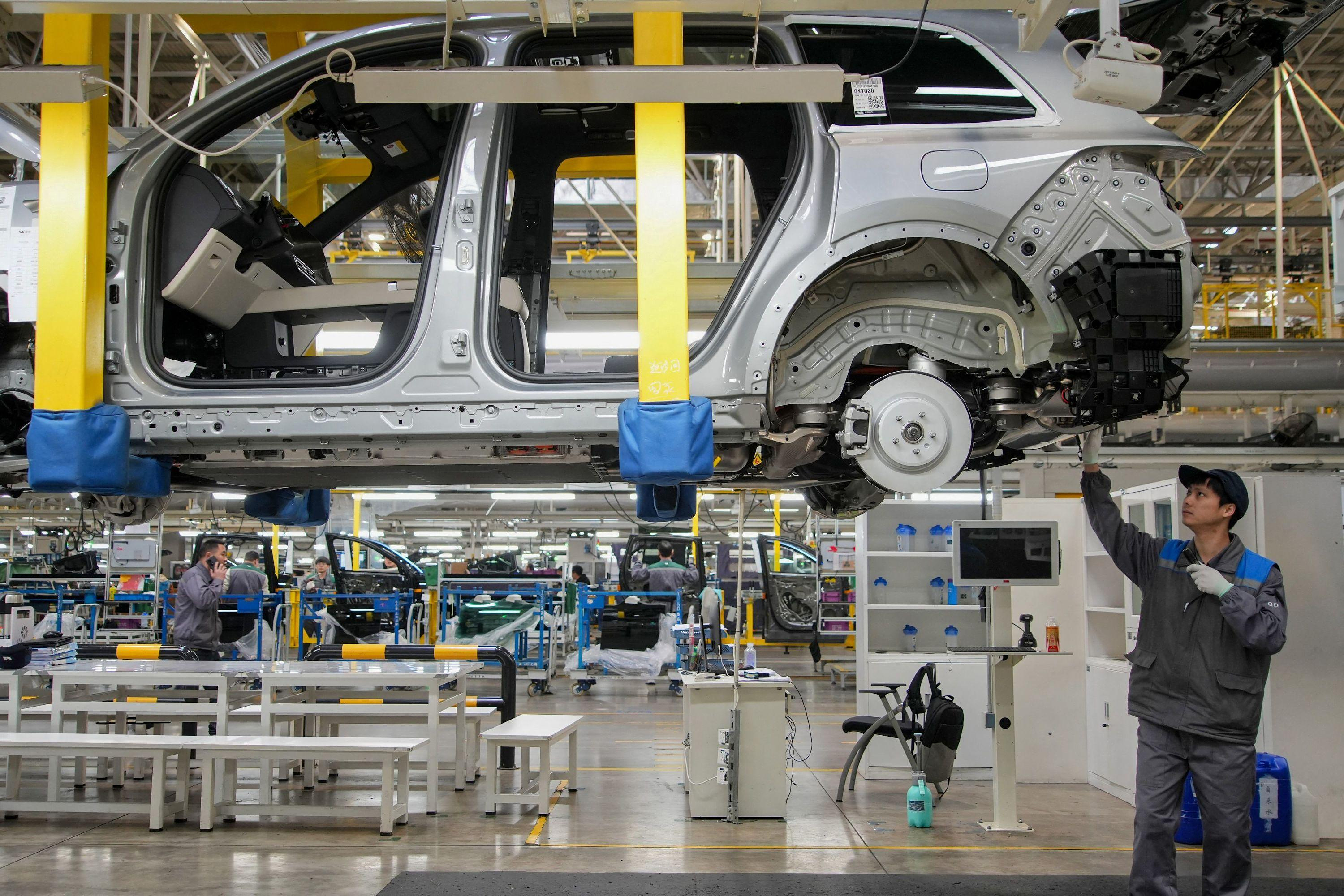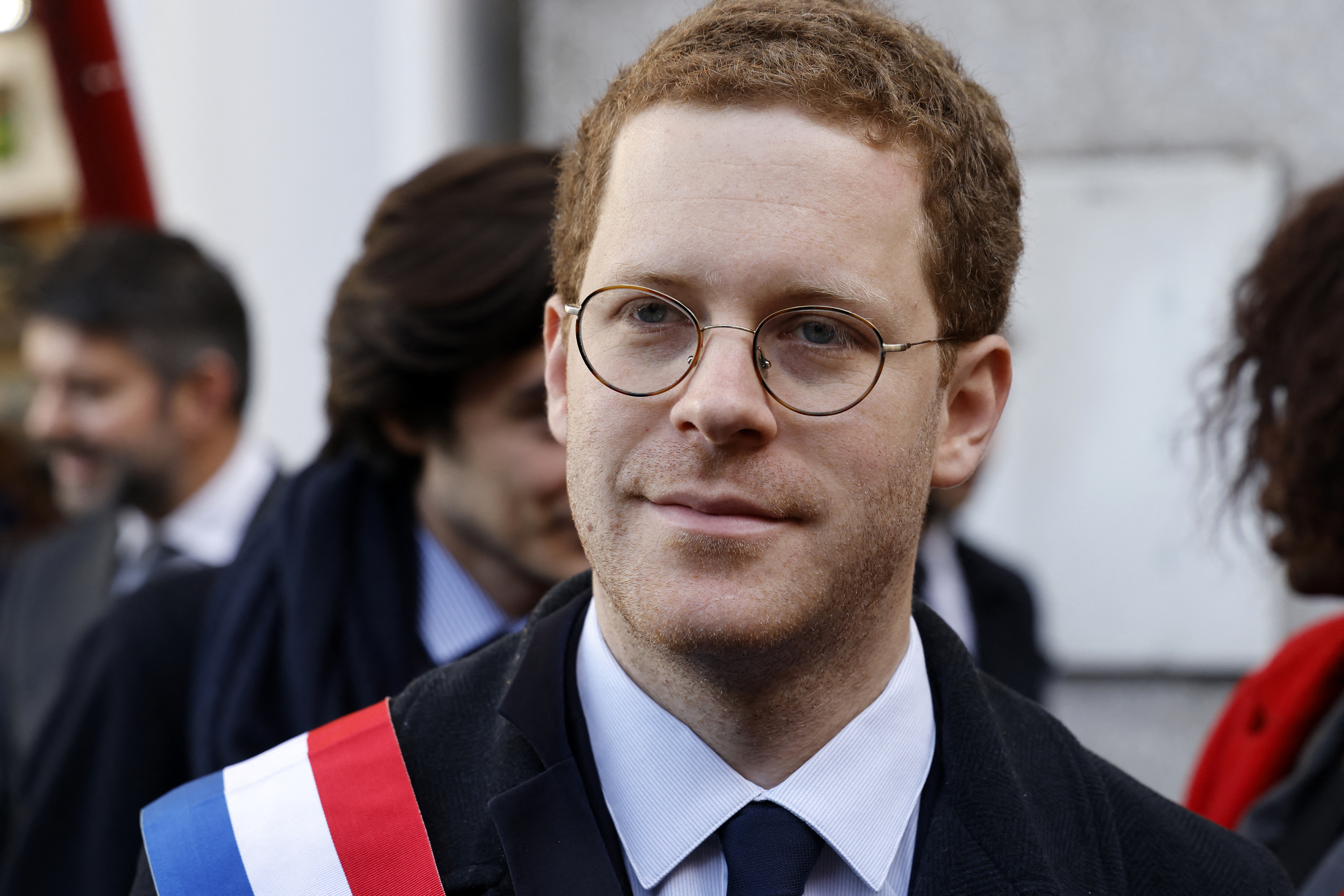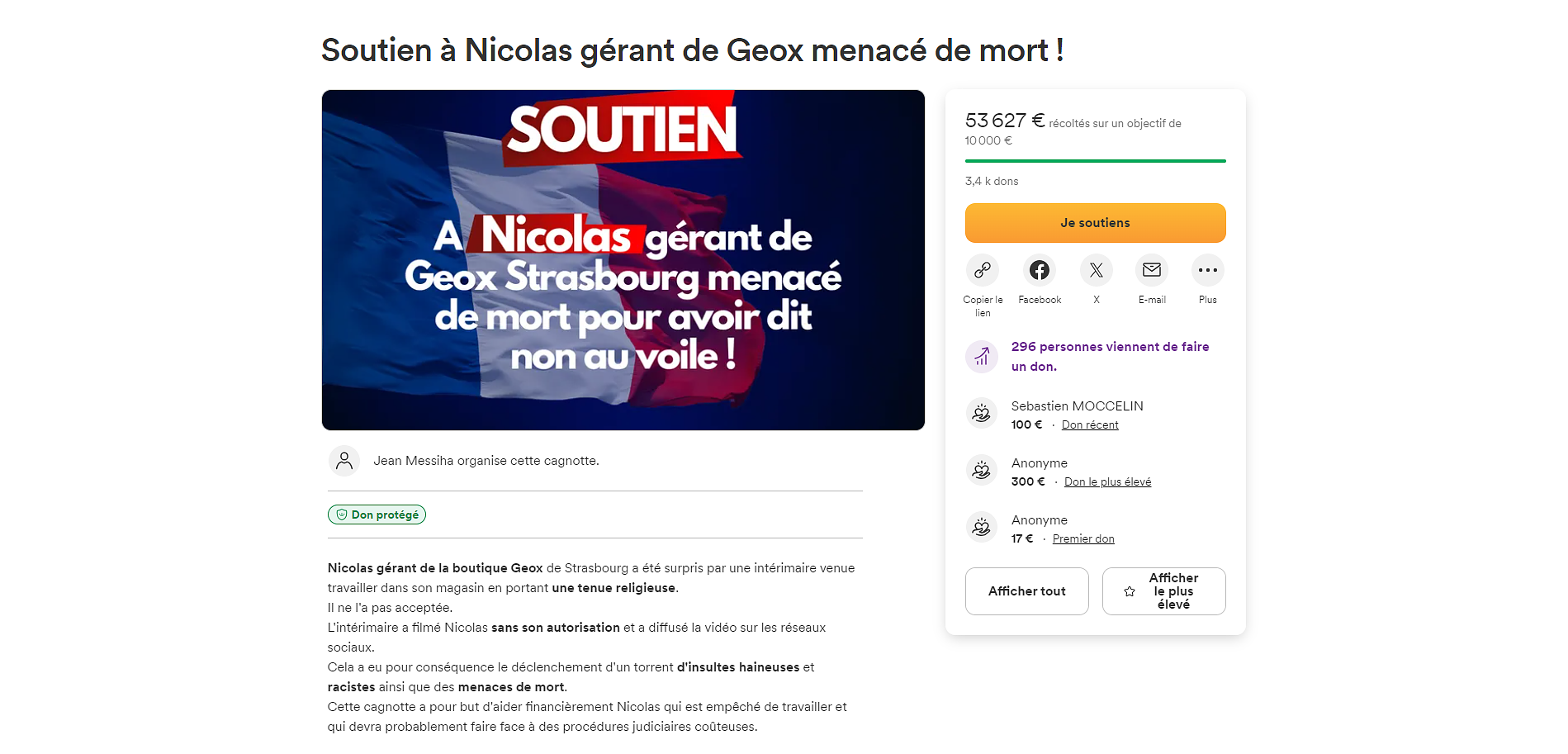Removed six years ago, the ISF has not disappeared from public debate. This solidarity tax on wealth made a new incursion noticed through the economist Jean Pisani-Ferry, a time close to Emmanuel Macron. In a report on "the economic impact of climate action", billed at 66 billion euros per year, he proposes to finance the ecological transition in part by "an exceptional and temporary tax, based on the financial heritage of 10% of the wealthiest households, and calibrated according to the anticipated cost of the transition for public finances”.
Something to revive the memory of the “Climate ISF”, long demanded by environmental activists, like Greenpeace, and many politicians on the left.
But the proposal is not successful on the side of the Minister of the Economy, Bruno Le Maire. “Tax is not the solution”, he hammered this Tuesday morning on RTL, while welcoming the quality of the work of Jean Pisani-Ferry. The minister recalled that the government had no intention of increasing the taxpayer's tax burden in order to finance the ecological transition: “10% of taxpayers already pay 75% of income tax. Our goal is to lower taxes, because the tax burden is already the strongest in the world in France”, he assured.
If he joins Jean Pisani-Ferry on the cost of the green transition in France - between 60 to 70 billion euros per year - Bruno Le Maire has outlined other avenues of financing. “There are alternative solutions, such as greening existing taxation, stopping funding polluting activities,” he argued. The minister also wants to "direct savings on green investments" and finance the necessary transformations "with companies". Finally, he is counting on the “mobilization of banks”, and in particular the European Investment Bank, to meet the climate challenges of tomorrow.
Same story, or almost, for the government spokesman Olivier Véran, guest in the morning of France Inter. "We believe that the transition can be self-financed by the transformations necessary for its realization," he said, citing the importance of "developing innovation, [...] of reconciling growth and ecological transition". Regarding tax, Olivier Véran believes, like Bruno Le Maire, "that we can do it without". “The challenge is to get us all involved in changes in behavior and production,” defended the government spokesperson.
The president of the Mouvement des entreprises de France (Medef), Geoffroy Roux de Bézieux, for his part castigated this morning on France Info "a Pavlovian solution of the French enarchy: a problem, a tax". The employer official considers that Jean Pisani-Ferry's proposal to tax the highest estates up to 5% is a "contradiction". "He asks companies to invest, but he proposes to tax capital, therefore those who invest in companies", he regretted.
Despite his disagreement on this question, Geoffroy Roux de Bézieux welcomed the “positive” aspects in the report, in particular the defense of “more sober, greener growth” in the absence of a decrease. "There we agree," he said.

 Rishi Sunak wants a tobacco-free UK
Rishi Sunak wants a tobacco-free UK In Africa, the number of millionaires will boom over the next ten years
In Africa, the number of millionaires will boom over the next ten years Iran's attack on Israel: these false, misleading images spreading on social networks
Iran's attack on Israel: these false, misleading images spreading on social networks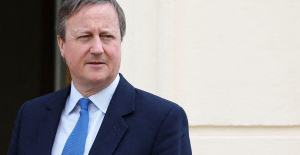 Iran-Israel: David Cameron wants the G7 to impose “coordinated sanctions” on Iran
Iran-Israel: David Cameron wants the G7 to impose “coordinated sanctions” on Iran New generation mosquito nets prove much more effective against malaria
New generation mosquito nets prove much more effective against malaria Covid-19: everything you need to know about the new vaccination campaign which is starting
Covid-19: everything you need to know about the new vaccination campaign which is starting The best laptops of the moment boast artificial intelligence
The best laptops of the moment boast artificial intelligence Amazon invests 700 million in robotizing its warehouses in Europe
Amazon invests 700 million in robotizing its warehouses in Europe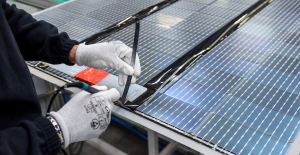 Solar panels: French manufacturer Systovi announces the cessation of its activities due to “Chinese dumping”
Solar panels: French manufacturer Systovi announces the cessation of its activities due to “Chinese dumping”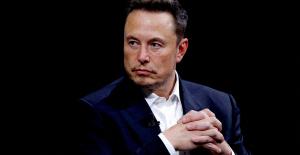 Tesla: canceled in court, Musk's huge compensation plan will again be submitted to shareholders
Tesla: canceled in court, Musk's huge compensation plan will again be submitted to shareholders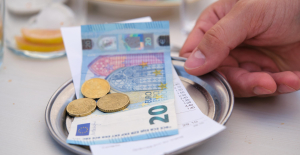 Two, three or a hundred euros: who are the most generous customers with tips?
Two, three or a hundred euros: who are the most generous customers with tips? Boeing safety examined in US Senate, after whistleblower's revelations
Boeing safety examined in US Senate, after whistleblower's revelations Immersion among the companions of the Liberation
Immersion among the companions of the Liberation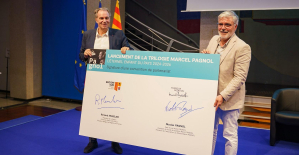 Provence-Alpes-Côte d’Azur releases several hundred thousand euros for the promotion of the work of Marcel Pagnol
Provence-Alpes-Côte d’Azur releases several hundred thousand euros for the promotion of the work of Marcel Pagnol A palm of honor distinguishes Studios Ghibli for all of their work
A palm of honor distinguishes Studios Ghibli for all of their work Gaby, a new play by Pagnol adapted into a comic strip
Gaby, a new play by Pagnol adapted into a comic strip Skoda Kodiaq 2024: a 'beast' plug-in hybrid SUV
Skoda Kodiaq 2024: a 'beast' plug-in hybrid SUV Tesla launches a new Model Y with 600 km of autonomy at a "more accessible price"
Tesla launches a new Model Y with 600 km of autonomy at a "more accessible price" The 10 best-selling cars in March 2024 in Spain: sales fall due to Easter
The 10 best-selling cars in March 2024 in Spain: sales fall due to Easter A private jet company buys more than 100 flying cars
A private jet company buys more than 100 flying cars This is how housing prices have changed in Spain in the last decade
This is how housing prices have changed in Spain in the last decade The home mortgage firm drops 10% in January and interest soars to 3.46%
The home mortgage firm drops 10% in January and interest soars to 3.46% The jewel of the Rocío de Nagüeles urbanization: a dream villa in Marbella
The jewel of the Rocío de Nagüeles urbanization: a dream villa in Marbella Rental prices grow by 7.3% in February: where does it go up and where does it go down?
Rental prices grow by 7.3% in February: where does it go up and where does it go down? Europeans: the schedule of debates to follow between now and June 9
Europeans: the schedule of debates to follow between now and June 9 Europeans: “In France, there is a left and there is a right,” assures Bellamy
Europeans: “In France, there is a left and there is a right,” assures Bellamy During the night of the economy, the right points out the budgetary flaws of the macronie
During the night of the economy, the right points out the budgetary flaws of the macronie Europeans: Glucksmann denounces “Emmanuel Macron’s failure” in the face of Bardella’s success
Europeans: Glucksmann denounces “Emmanuel Macron’s failure” in the face of Bardella’s success These French cities that will boycott the World Cup in Qatar
These French cities that will boycott the World Cup in Qatar Union Bordeaux Bègles-Clermont: at what time and on which channel to follow the Top 14 clash?
Union Bordeaux Bègles-Clermont: at what time and on which channel to follow the Top 14 clash? Football: Ada Hegerberg extends at OL until 2027
Football: Ada Hegerberg extends at OL until 2027 Basketball: suspended for life from NBA for fixing his match
Basketball: suspended for life from NBA for fixing his match Paris 2024 Olympic Games: boxer Estelle Mossely wants to parade on the Seine as a flag bearer
Paris 2024 Olympic Games: boxer Estelle Mossely wants to parade on the Seine as a flag bearer




